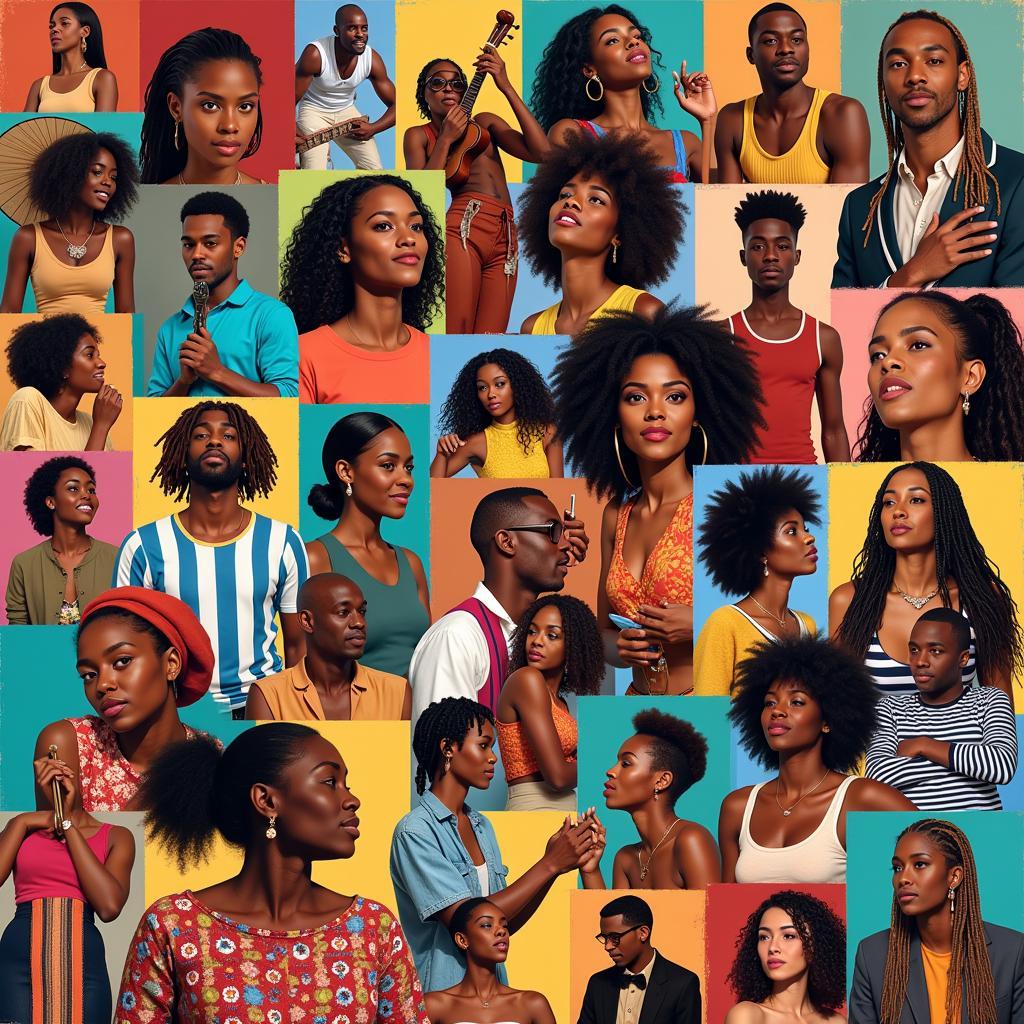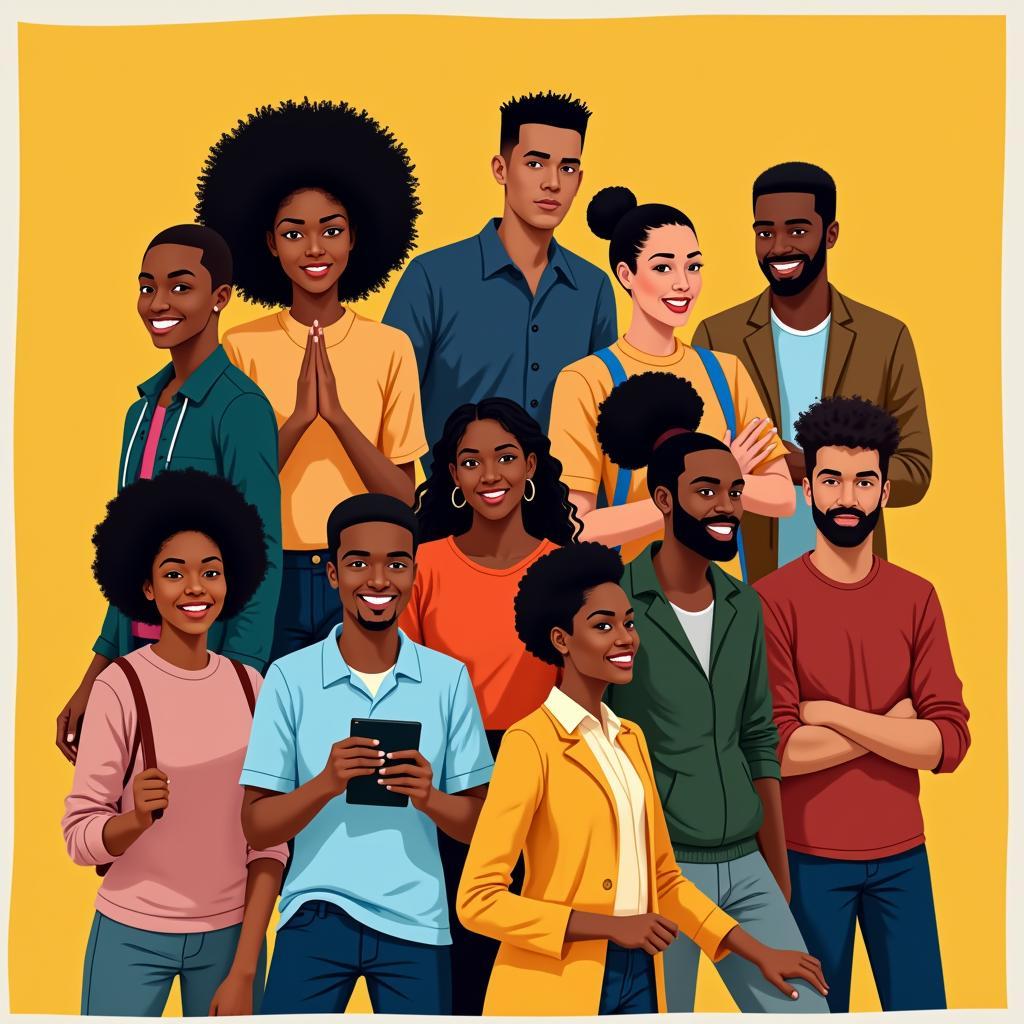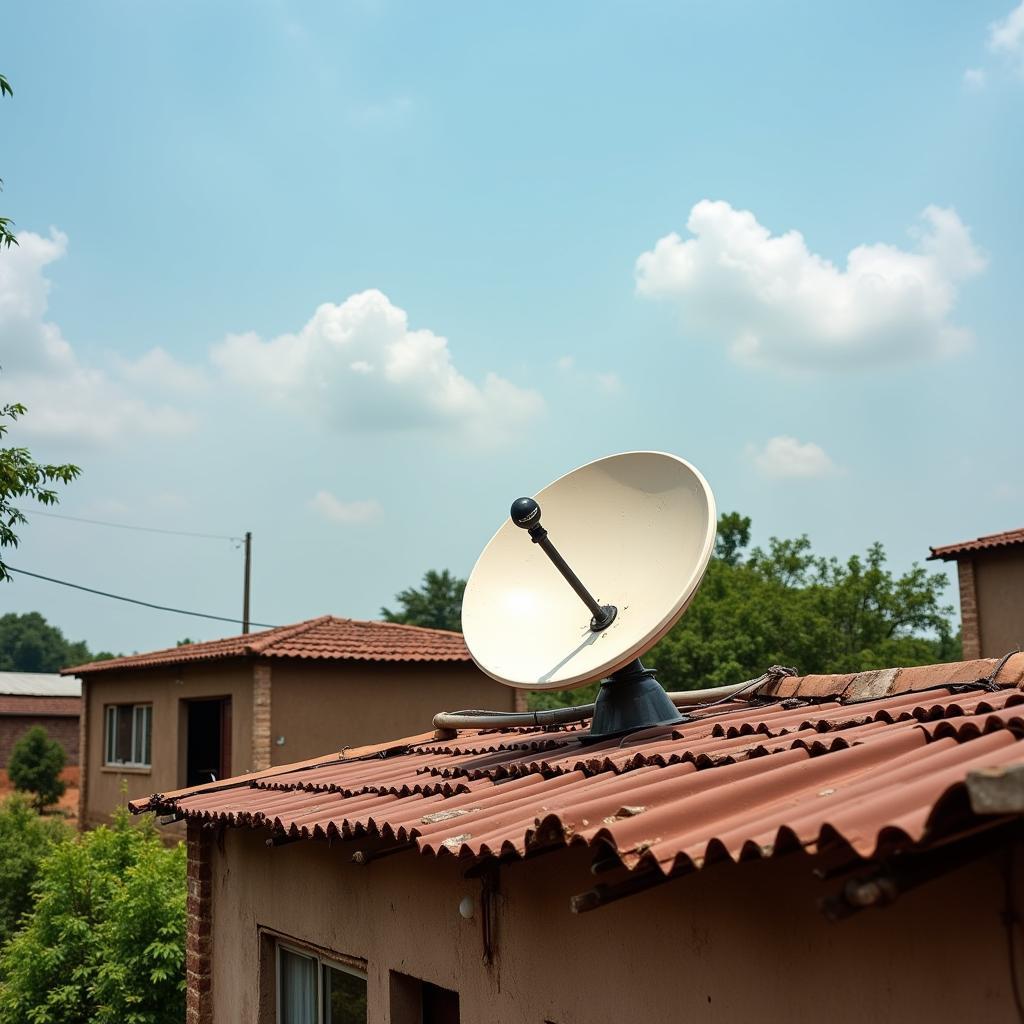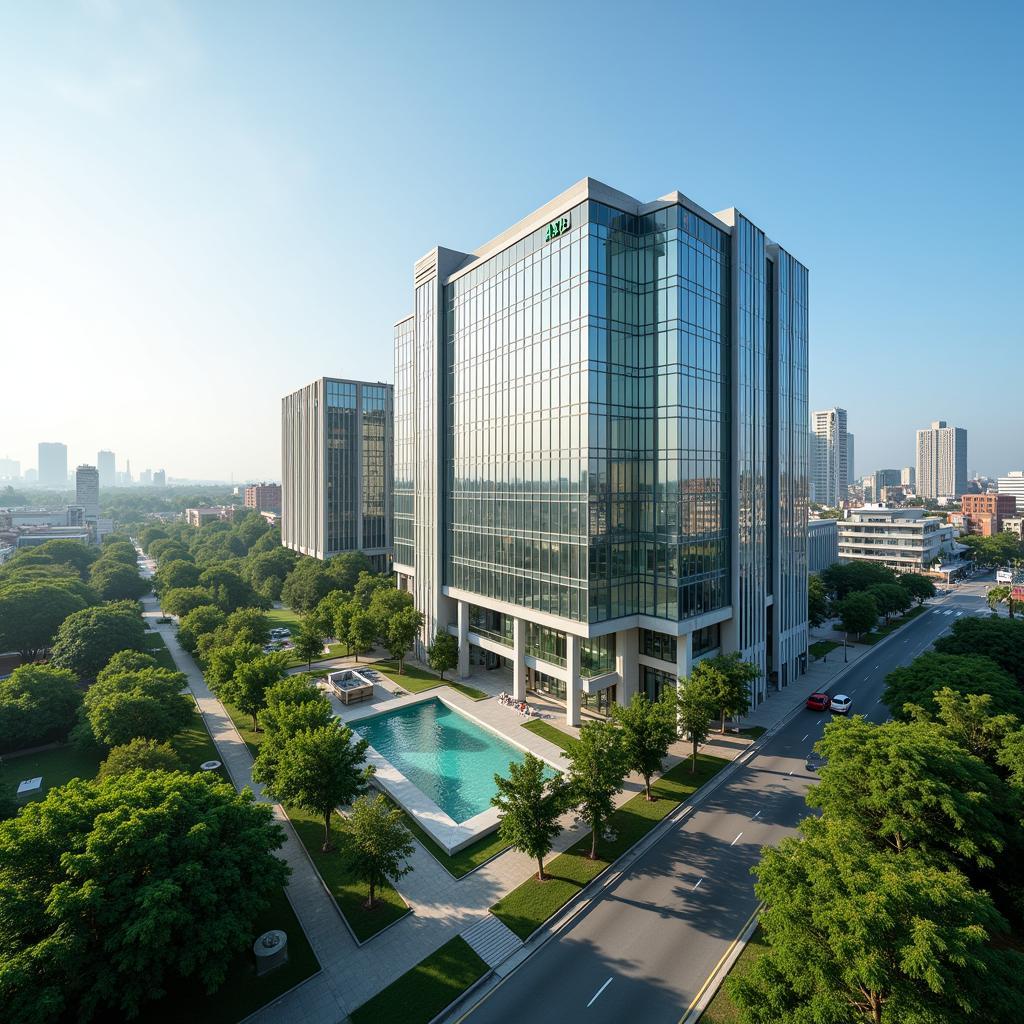The African Diaspora in North America: A Journey Through History and Culture
The African Diaspora In North America represents a complex and multifaceted tapestry woven from threads of resilience, cultural adaptation, and enduring contributions. This journey, marked by forced migration and the transatlantic slave trade, has shaped the social, political, and cultural landscape of North America in profound ways. From the earliest arrivals to the present day, the story of the African diaspora is one of struggle, triumph, and the ongoing quest for identity and belonging.
Understanding the Roots of the African Diaspora
The forced migration of Africans to North America began in the 17th century, driven by the insatiable demand for labor in the burgeoning colonies. Millions of Africans were forcibly removed from their homelands, enduring the horrors of the Middle Passage and facing a life of enslavement upon arrival. This brutal system stripped individuals of their freedom, families, and cultural heritage, leaving an indelible mark on generations to come. The impact of this forced migration continues to reverberate through contemporary society, influencing everything from cultural expressions to socio-economic disparities.
This early period saw the development of distinct African American cultures, born out of the fusion of various African traditions with the realities of life in the Americas. Despite the oppressive conditions, enslaved Africans found ways to preserve elements of their heritage, including music, storytelling, and spiritual practices. These cultural expressions became vital sources of strength, resilience, and community in the face of adversity.
The Evolution of African American Culture
Following the abolition of slavery, the African diaspora in North America entered a new phase. The struggle for civil rights and equality became central to the experience of African Americans, as they fought for recognition, justice, and an end to systemic discrimination. The 20th century witnessed the rise of powerful social movements, led by iconic figures who challenged the status quo and demanded an end to racial segregation and oppression. From the Harlem Renaissance to the Civil Rights Movement, African Americans made significant strides in their fight for equality, shaping the political and social landscape of the nation.
African American culture continued to evolve, embracing new forms of artistic expression and social commentary. Music genres like jazz, blues, and hip-hop emerged from the African American experience, becoming global phenomena and influencing music worldwide. Literature, art, and film also provided powerful platforms for exploring themes of identity, race, and social justice, giving voice to the experiences of the African diaspora. Check out this article about African hats for ladies.
 African American Cultural Expressions
African American Cultural Expressions
What are the key contributions of the African Diaspora to North American society?
The contributions of the African diaspora to North American society are vast and multifaceted, spanning various fields from arts and sciences to politics and social activism. From groundbreaking scientific discoveries to influential literary works, African Americans have enriched the cultural tapestry of North America. Their contributions have shaped the nation’s identity and continue to inspire positive change. This article on Africans with blue eyes offers a fascinating look at genetic diversity within the African continent.
The African Diaspora Today: Challenges and Opportunities
Today, the African diaspora in North America faces ongoing challenges related to systemic racism, economic inequality, and social justice. However, it also represents a vibrant and dynamic community, rich in cultural heritage and committed to building a more equitable future. There is a growing awareness of the need to address historical injustices and create a society where all individuals have the opportunity to thrive. This discussion about African American vs Caribbean American explores the nuances of identity within the broader African diaspora.
 Contemporary African Diaspora
Contemporary African Diaspora
Dr. Anika N’Goma, a prominent historian specializing in the African diaspora, notes, “The story of the African diaspora is a testament to the human spirit’s capacity for resilience and adaptation. Despite facing immense challenges, African Americans have persevered, shaping the cultural and social landscape of North America in profound ways.”
Professor Kwame Asante, a leading scholar of African American studies, adds, “Understanding the history and contributions of the African diaspora is crucial for building a more inclusive and equitable society. It requires acknowledging the lasting impact of historical injustices and working towards a future where all voices are heard and valued.” You might also be interested in this African American Vernacular English test.
Conclusion
The African diaspora in North America is a story of resilience, cultural adaptation, and enduring contributions. From the earliest arrivals to the present day, African Americans have shaped the fabric of North American society in profound ways. Understanding this journey is crucial for building a more inclusive and just future.
FAQ
- What is the African diaspora?
- How did the transatlantic slave trade impact the African diaspora in North America?
- What are some key contributions of the African diaspora to North American culture?
- What are some of the challenges facing the African diaspora today?
- How can we learn more about the history and experiences of the African diaspora?
- What resources are available for supporting and empowering communities within the African diaspora?
- How does the African diaspora in North America connect to the global African diaspora?
Further Exploration
Here are some other articles you may find interesting: African black ladies ass hot.
Need assistance? Contact us 24/7: Phone: +255768904061, Email: kaka.mag@gmail.com, or visit us at Mbarali DC Mawindi, Kangaga, Tanzania.



